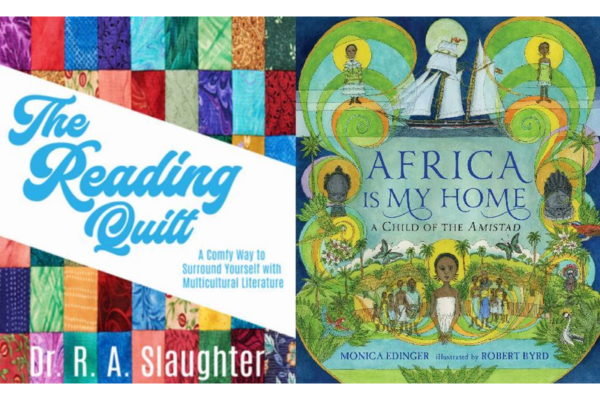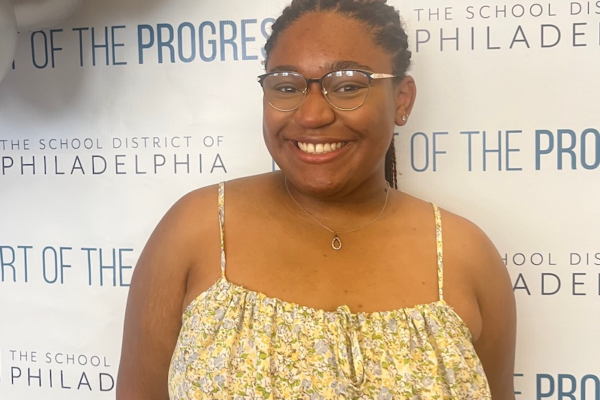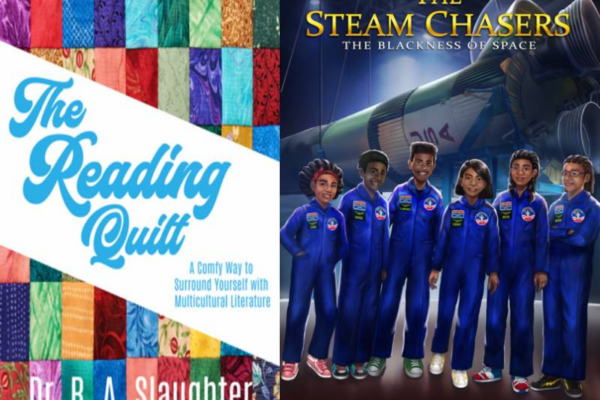
The Reading Quilt: Africa is My Home
Africa is My Home: A Child of Amistad opens in the glorious sunshine where Sara is proudly surveying God’s beauty in her vast backyard, Mendeland, West Africa.

Africa is My Home: A Child of Amistad opens in the glorious sunshine where Sara is proudly surveying God’s beauty in her vast backyard, Mendeland, West Africa.

Her winning essay entitled, “Dear Society,” squarely focuses on racism in America from the perspective of a young African American woman.

As we celebrate Fathers’ Day let’s hear it for dads who are showing up for classes to learn how to braid their daughters’ hair.

One crucial factor that has received little attention in supporting teen mental health is the role that parents can play.

“Money is central to transacting life, day-in and day-out. Where we live, what we eat, the clothes we wear, the car we drive, health care, education, child-rearing, gift giving, vacations, entertainment, heat, air-conditioning,

This month, a YA Lit book that takes us on a journey to Space Camp where we learn about the amazing Black astronauts and physicists, is the focus of this month’s reading quilt.

These days, the greatest Africa volunteer tours provide some of the best possibilities to make a long-term impact in communities throughout the world.

Who are today’s history makers? Here are webinars, virtual conferences, and storytelling events to observe Women’s History Month. Explore these free or low-cost events (both virtual and in-person) recognizing the contributions of women of color, past, and present.

The International Agency for Research on Cancer (IARC) states, “Colorectal Cancer Awareness Month is observed in March to highlight the importance of screening for colorectal cancer, as well as to promote healthy lifestyle habits that can decrease a person’s risk of developing cancer of the colon, rectum or anus – the three distinct cancer types referred to collectively as colorectal cancer.”

Pi is a fundamental notion that arises in all areas of mathematics. It is a vital principle that aids in the comprehension of universal truths as well as certain mathematical topics.